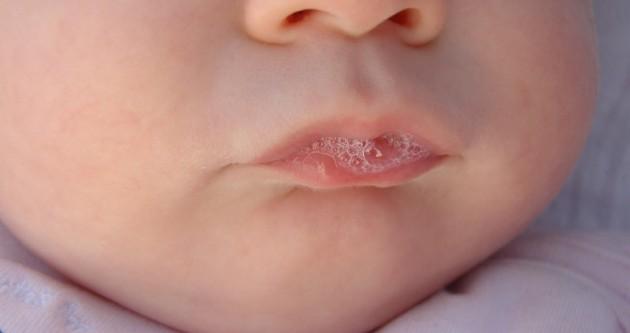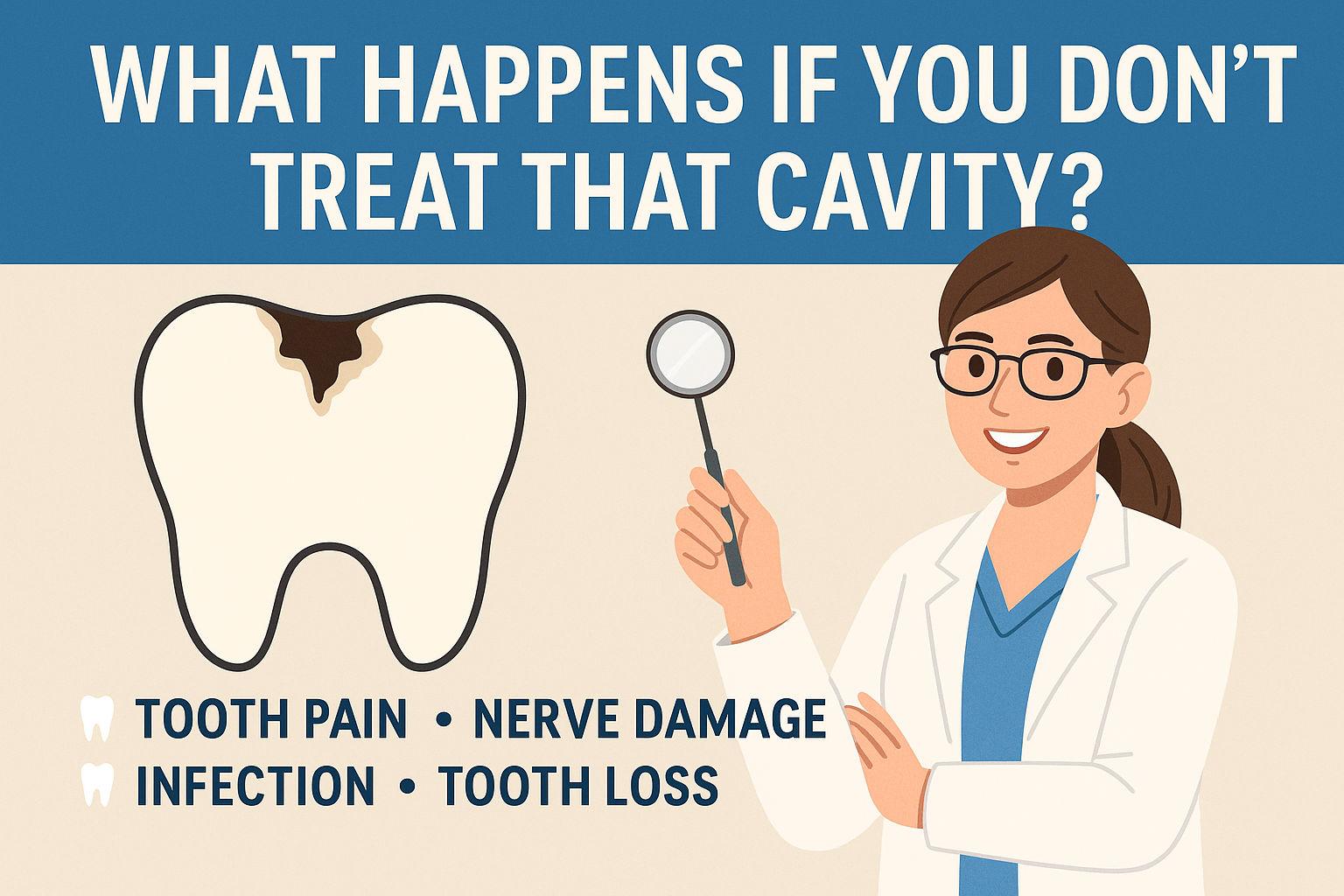Blog Highlights:
- Saliva is very important for your oral health
- Saliva has many similar properties to blood
- It can help protect both hard and soft tissues within your mouth
- The reduced flow of saliva can lead to tooth decay and to oral infections
- Saliva contains substances that help you digest food, protect your mouth from infection, and help strengthen your teeth
- Scientists are now looking to use saliva for the diagnosis and detection of different diseases
Unknown by many, saliva actually plays an important part when it comes to oral health. Made by the body from blood, saliva acts as your bloodstream within the mouth. This means that like blood, your saliva is important when it comes to maintaining the health of your teeth, gums, and other soft tissues. Oral infections and tooth decay can develop when the flow of saliva is reduced. You can stimulate your mouth to produce more saliva by chewing as it causes the muscles in your mouth to compress your salivary glands.
Saliva can also help you with the following:
- It can help remove food and debris from your gums and in between your teeth
- It moistens your food so that it can be easily broken down
- It also enhances the taste of food
- Saliva contains disease-fighting substances that protects your mouth from infection and your teeth from cavities
- Saliva contains calcium, fluoride, and phosphate ions that can help strengthen your teeth
Aside from protecting your mouth and keeping it healthy, your saliva can also help identify oral problems as they develop in your mouth. Since it has properties that are similar to blood, scientists are now studying how they can use saliva to detect and diagnose oral diseases, as well as other diseases within the body. So far, results have been very promising. Saliva has shown potential in diagnosing breast cancer, gum disease, oral cancers, viral hepatitis, and even for rapid HIV testing.
The U.S. National institutes of Health now targets salivary diagnostics as a primary area of development as further research might open doors to its potential uses.









